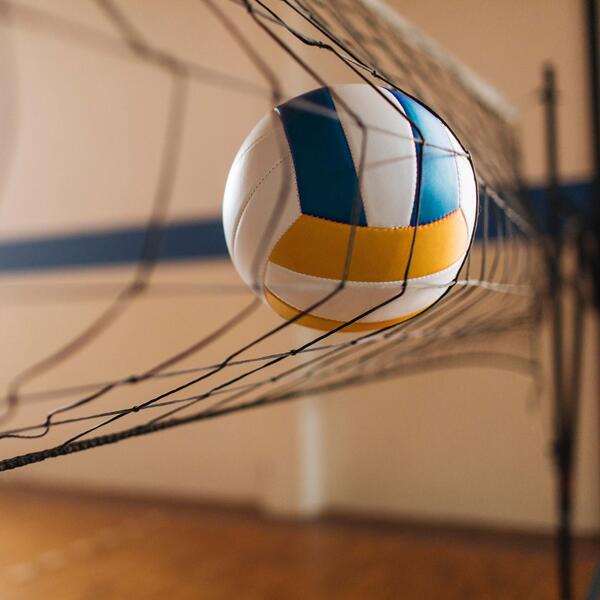Releases
WADA statement on U.S. Senate Commerce Committee bill

The World Anti-Doping Agency (WADA) notes that, yesterday, the U.S. Senate Commerce Committee advanced a bill to the Senate, which if passed into law would give the United States Office of National Drug Control Policy (ONDCP) authority to withhold its annual contribution to WADA(1).
The bill, which was first introduced in January by the House Select Committee on the Chinese Communist Party, was prompted by no-fault contamination cases dating back to 2021 involving 23 swimmers from China. The cases were first made public in April 2024 and by July 2024, an Independent Prosecutor, Eric Cottier, had conducted a thorough review of WADA’s handling, which determined that WADA showed no bias towards China and that the Agency’s decision not to appeal the cases to the Court of Arbitration for Sport (CAS) was indisputably reasonable based on the evidence. At the time, WADA’s Executive Committee (ExCo), which included Americas representative, Dr. Rahul Gupta (then Director of the ONDCP), welcomed Mr. Cottier’s conclusions.
Despite it being concluded by the Independent Prosecutor that WADA followed the rules at all times, Mr. Travis Tygart, Chief Executive Officer of the United States Anti-Doping Agency has been relentless in leveraging the media and the Senate as part of his political campaign to relitigate the Chinese swimming cases; misinform athletes and other stakeholders; and, above all, exert maximum damage on WADA’s reputation. In keeping with this, Mr. Tygart lobbied the Senate Committee to pass this bill that would enable the U.S. not to pay its dues to WADA if the U.S. is not granted privileged representation within WADA's governance model.
On paper, the bill ‘permanently provides the ONDCP the authority to withhold up to the full amount of membership dues to WADA if it is determined that the Agency does not have a governance model that provides for fair representation of the U.S.; has not fully implemented governance reforms; or has not allowed certain decision-making roles; specifically, independent athletes from the U.S. and other democratic countries, or representatives of such athletes, to have decision-making roles on the ExCo and Board, and in all relevant expert advisory groups, standing committees, permanent special committees and working groups.’
The fact is that WADA already introduced extensive governance reforms in 2018 and 2022. These reforms resulted from thorough governance review processes, which included extensive public consultations. They were run by a group of governance experts and led by an independent chair. The reforms, which have now been fully implemented, were endorsed by WADA’s ExCo and approved unanimously by the Public Authority and Sports Movement representatives on WADA’s Foundation Board (Board). The reforms do not (and cannot) seek to guarantee representation for the U.S. or any other country. However, WADA’s 20-member Athlete Council, which is composed of athletes chosen by athletes, does provide for athlete representation on the ExCo, Board, all standing committees and all relevant permanent special committees, expert advisory groups and working groups. This ensures that athletes voices are heard and included in the decision-making process. The reforms also introduced independence criteria for WADA officials and made them subject to a Code of Ethics under the authority of an Independent Ethics Board.
Boiled down, the bill effectively seeks to embed U.S. bias into WADA's governance structure with the threat of withholding funding if this is not achieved. Not only is this ironic given Mr. Tygart’s unfounded allegations of bias to China in connection with the Chinese swimmer cases; it would also undermine WADA's governance reforms and go against democratic values and principles of good governance. As an international regulatory body, WADA cannot give in to this cash-for-influence ultimatum from any country. One can only imagine what Mr. Tygart would say if China or Russia sought to pass similar legislation. If only he put as much effort into addressing the serious deficiencies with anti-doping in the U.S.
Concerning the latter, since 2020, WADA has been urging USADA to address the fact that more than 90% of athletes in the U.S. – those within the college and professional sports systems – do not compete under the protection of the World Anti-Doping Code. In fact, in 2020, Mr. Tygart himself testified before congress and, when referring to the National Collegiate Athletic Association (NCAA), expressed serious concerns that foreign student athletes could come to the U.S. and have a “doping vacation” while participating in NCAA events (see video timestamp 1:33:58). Many go on to compete in the Olympics and Paralympics. Yet, in the five years since making those comments, it appears as though Mr. Tygart has been unable or unwilling to effect any positive change.
Unfortunately, matters in the U.S. are only promising to get worse with the first edition of the Enhanced Games set to take place in Las Vegas, Nevada, in 2026. It is striking that, despite a global backlash from athletes, governments, sports federations and National Anti-Doping Organizations against this event that dangerously and irresponsibly encourages athletes to dope, no effort seems to have been made by USADA or other U.S. authorities to prevent it from going ahead.
As always, WADA would be pleased to discuss these matters with U.S. government authorities, in particular with the ONDCP.
(1) For 2024, the ONDCP has not honored its commitment to WADA as part of the Americas region to pay its agreed share of USD 3.6 million.

